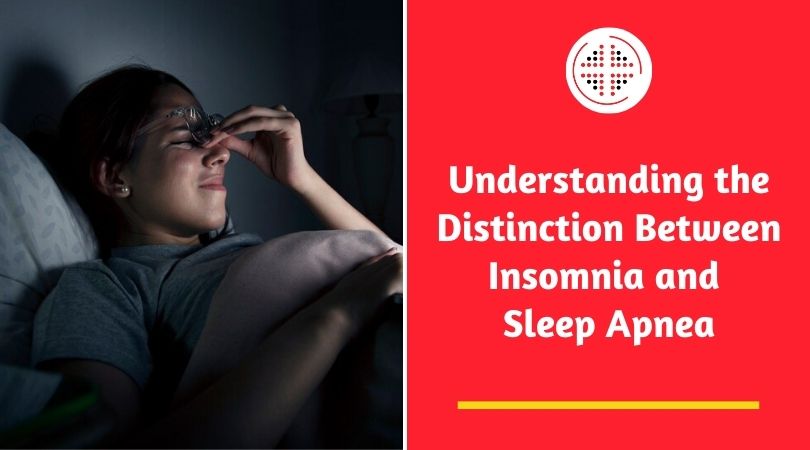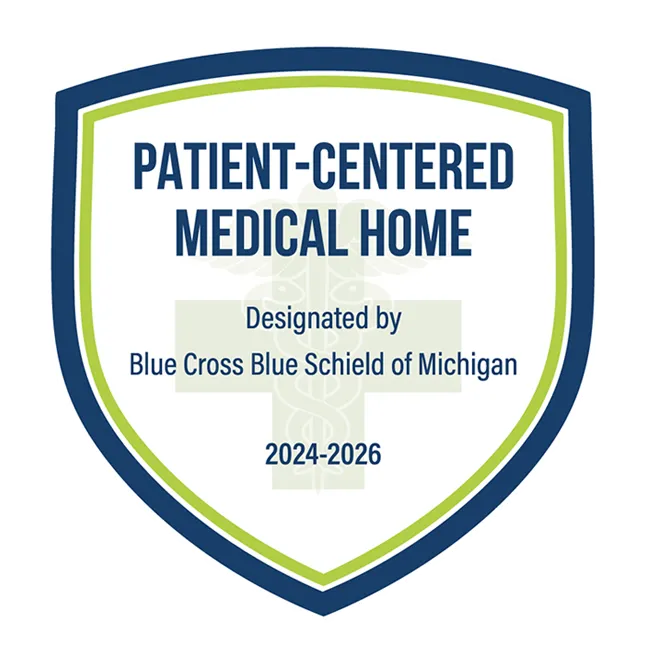


Sleep is essential for our lives. One of the most common causes behind failed health is often sleep depravity. Insomnia and sleep apnea are the most common sleeping ailments. Although they appear identical, both conditions are not similar. According to research, only 32% of Americans reported experiencing excellent or very good sleep. This blog will look into sleep apnea and insomnia and provide you with effective treatment options.
Insomnia is a common sleeping condition. The condition can be identified by persistent problems in sleeping, staying awake for a long time, or staying asleep. Short-term and long-term are the main types of insomnia.
In sleep apnea, the patient experiences disturbances. It happens when the airways are partially or fully blocked, hindering breathing patterns.
Symptoms of insomnia include:
Symptoms of sleep apnea include:
Insomnia causes include stress, poor sleep patterns, excessive food, alcohol, caffeine, and medications.
Sleep Apnea is a condition associated with the respiration issue during the night. OSA (Obstructive Sleep Apnea) happens due to throat relaxation. The muscles support the soft palate, called the tonsils. When the muscles relax, it causes the airways to narrow and create difficulties in breathing. This also lowers the oxygen level in the body. CSA (Central Sleep Apnea) happens as the brain struggles to send signals to breathing-responding muscles.
Sleep apnea and insomnia are two diverse sleep disorders. However, in certain cases, they appear together. Among certain OSA patients, sleep disorder has been coined to describe those suffering from sleep apnea and insomnia.
Patients with sleep apnea may experience that their brain will actively prevent them from falling asleep so that they have pauses in breathing. Sleep apnea can be life-threatening as the brain fails to recognize breathing signals and tries to avoid them during sleep.
The connection is not properly defined despite the high prevalence of co-existing sleep apnea and insomnia. It is believed that sleep apnea can lead to insomnia with the irregular pausing of breathing, resulting in increased brain activity, which is perceived as awakening.
The duration varies, as it depends on the underlying causes. Short-term insomnia spans three to six months; long-term insomnia can be more. The time frame is determined by the factors contributing to the sleep disorder.
Sleep apnea is a long-term ailment. Surgical procedures and treatments are effective measures to manage and alleviate its symptoms, allowing individuals to experience better sleep and overall health.
For Insomnia
For Sleep Apnea
Doctors may recommend patients wear continuous positive air pressure (CPAP) machines as they provide a constant flow of air to keep the airways open, ensuring better breathing and preventing interruptions in sleep caused by breathing difficulties.
Treating both conditions simultaneously will be challenging.
Both illnesses need the collaboration of many healthcare professionals since one condition may obstruct the other's care. Wearing a CPAP mask while you sleep is the most popular OSA treatment.
Treating the underlying cause is an effective strategy for alleviating insomnia. Yoga and other forms of relaxation may also be beneficial, regardless of insomnia.
Insomnia is a common condition. Insomnia patients may feel tired during the day, but that feeling often improves with quality sleep. Chronic insomnia is disruptive. While it usually isn’t dangerous, it can still negatively affect your life in many ways.
Knowing when to see a healthcare provider for insomnia depends on the severity and duration of your sleep problems. Here are some pointers to help you determine when to seek care:
Sleep depravity can lead to alarming health issues and can affect your overall well-being. Visit MI Express Primary Care in Canton and Ann Arbor, MI, where our professional doctors provide a holistic diagnosis of your condition and provide you with an effective treatment that will improve your sleep pattern. Contact us today to learn more about our services.
Does Birth Control Cause Infertility? The Truth Behind It
Understanding the Relationship Between Dehydration and High Blood Pressure




